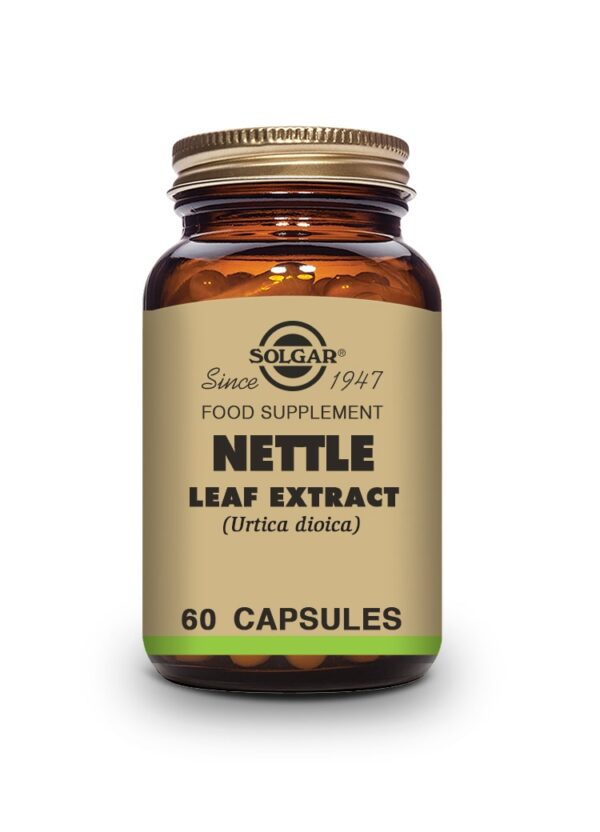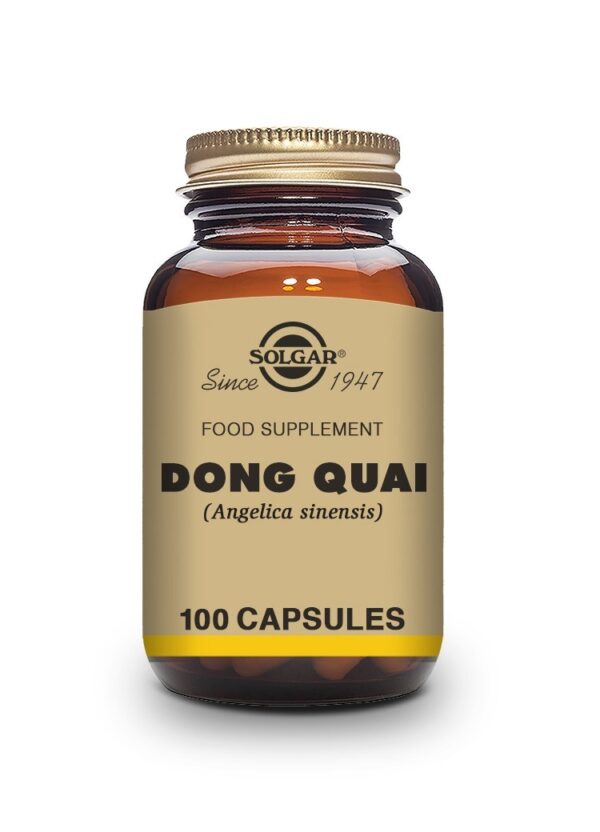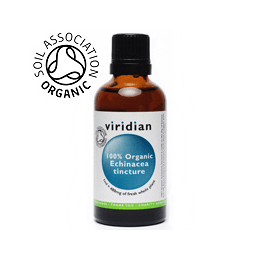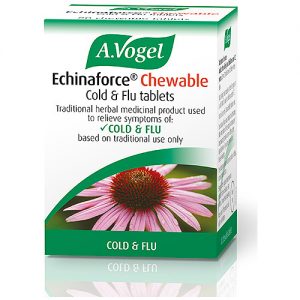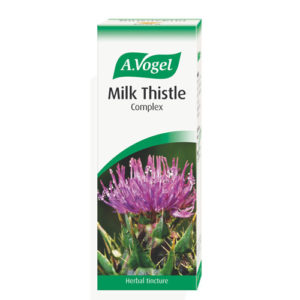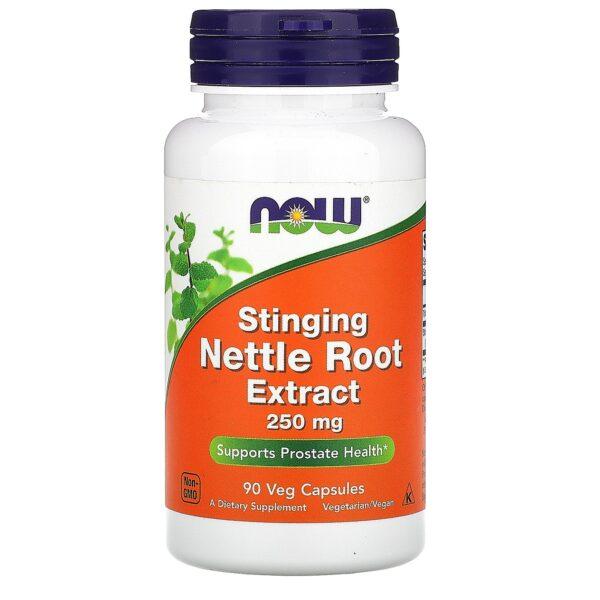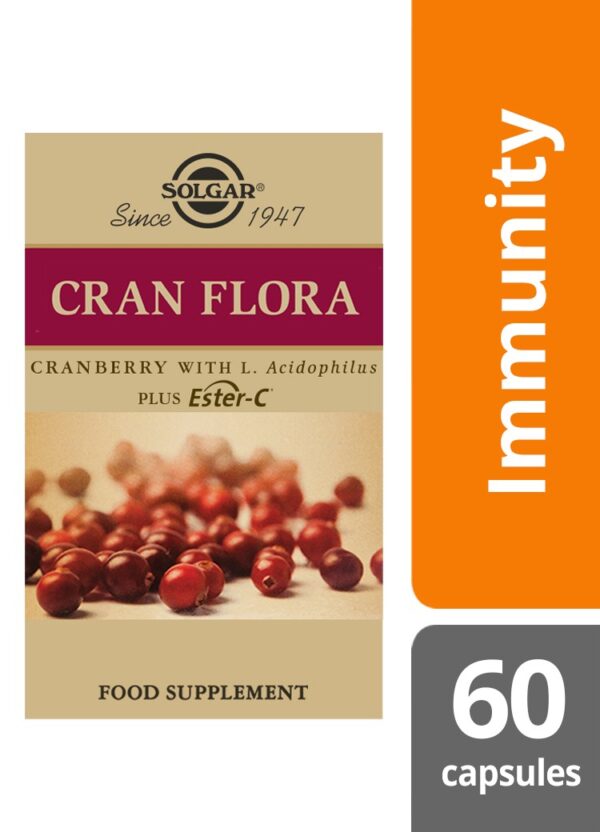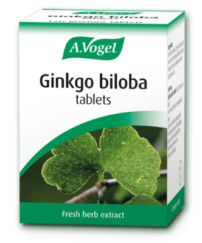Description
Elderberry
Elderberry contains extract from elderberries, a botanical which has been used for centuries, dating back to ancient Egypt and Greek times.
The elderberry plant is native to Europe, Africa and parts of Asia, but has now also become common in the United States. Both the ancient Egyptians and Greeks have used this powerful berry, with its healing abilities even being traced back to Hippocrates. Elderberries provide a high level of flavonoids, which have antioxidant properties supporting the body to fight free radicals.
Elderberry is one of the most commonly used medicinal plants in the world.
Traditionally, Indigenous people used it to treat fever and rheumatism, while the ancient Egyptians used it to improve their complexions and heal burns.
It’s still gathered and used in folk medicine across many parts of Europe.
Today, elderberry is most often taken as a supplement to treat cold and flu symptoms.
However, the raw berries, bark, and leaves of the plant are also known to be poisonous and cause stomach problems.
This article takes a closer look at:
- elderberry
- the evidence supporting its health claims
- the dangers associated with eating it
There are many reported benefits of elderberries. Not only are they nutritious, but they may also help address cold and flu symptoms, support heart health, and fight inflammation and infections, among other benefits.
High in nutrients
Elderberries are a low calorie food packed with antioxidants.
One cup (145 grams) of fresh berries contain 106 calories, 26.7 grams of carbs, and less than 1 gram each of fat and protein (3Trusted Source).
Plus, they have many nutritional benefits. Elderberries are:
- High in vitamin C. There are 52 mg of vitamin C per cup of fruit, which accounts for 57% of the daily value (3Trusted Source, 4).
- High in dietary fiber. Elderberries contain 10 grams of fiber per cup of fresh berries, about 36% of the daily value (5)Trusted Source.
- A good source of phenolic acids. These compounds are potent antioxidants that can help reduce damage from oxidative stress in the body (4, 6).
- A good source of flavonols. Elderberry contains the antioxidant flavonols quercetin, kaempferol, and isorhamnetin. The flowers contain up to 10 times more flavonols than the berries (4).
- Rich in anthocyanins. These compounds give the fruit its characteristic dark black-purple color and are a strong antioxidant with anti-inflammatory effects (4, 7Trusted Source).
The exact nutritional composition of elderberries depends on:
- the variety of plant
- ripeness of the berries
- environmental and climatic conditions
Therefore, servings can vary in their nutrition (4, 8).
SUMMARYElderberries are a low calorie food packed with vitamin C, dietary fiber and antioxidants in the form phenolic acids, flavonols, and anthocyanins. The flowers are particularly rich in flavonols.
May improve cold and flu symptoms
Black elderberry extracts and flower infusions have been shown to help reduce the severity and length of influenza (9Trusted Source).
Commercial preparations of elderberry for the treatment of colds come in various forms, including liquids, capsules, lozenges, and gummies.
One 2004 study of 60 people with influenza found that those who took 15 mL of elderberry syrup four times per day showed symptom improvement in 2 to 4 days, while the control group took 7 to 8 days to improve (10Trusted Source).
Furthermore, a study of 312 air travelers taking capsules containing 300 mg of elderberry extract three times per day found that those who got sick experienced a shorter duration of illness and less severe symptoms (11Trusted Source).
Further large-scale studies are required to confirm these results and determine if elderberry may also play a role in preventing influenza (9Trusted Source).
Note that most research has only been performed on commercial products. There’s little information about the safety or efficacy of homemade remedies (9Trusted Source).
SUMMARYElderberry extract has been found to help reduce the length and severity of symptoms caused by the influenza virus. While these results are promising, further large-scale human studies are needed.
High in antioxidants
During normal metabolism, reactive molecules may be released that can accumulate in the body. This can cause oxidative stress and may lead to diseases like type 2 diabetes and cancer (12Trusted Source, 13Trusted Source, 14Trusted Source).
Antioxidants are natural components of foods, including some vitamins, phenolic acids, and flavonoids, that are able to help remove these reactive molecules. Research suggests that diets high in antioxidants may help prevent chronic disease (8, 14Trusted Source, 15Trusted Source).
The flowers, fruits, and leaves of the elderberry plant are excellent sources of antioxidants. For example, one of the anthocyanins found in the berries has 3.5 times the antioxidant power of vitamin E (4, 15Trusted Source, 16, 17).
One study comparing 15 different varieties of berries and another study comparing types of wine found that elderberry is one of the most effective antioxidants (18Trusted Source, 19).
Additionally, one study found that antioxidant status improved in people 1 hour after drinking 400 mL of elderberry juice. Another study in rats found that elderberry extract helped reduce inflammation and oxidative tissue damage (20, 21).
While elderberry has shown promising results in the lab, research in humans and animals is still limited. Generally, consuming it in the diet has only a small effect on antioxidant status (19).
In addition, the processing of elderberries, such as extraction, heating, or juicing, can reduce their antioxidant activity (4).
Therefore, products like syrups, juices, teas, and jams may have reduced benefits compared to some results seen in laboratory studies (16).
SUMMARYElderberry fruits, leaves, and flowers are strong antioxidants. However, their protective effects on humans appear to be insignificant. Additionally, the processing of the berries and flowers can reduce their antioxidant activity.
May be good for heart health
Elderberry may have positive effects on some markers of heart and blood vessel health.
Studies have shown elderberry juice may reduce the level of fat in the blood and decrease cholesterol. In addition, a diet high in flavonoids like anthocyanins has been found to reduce the risk of heart disease (17, 22Trusted Source).
Nonetheless, one study in 34 people given 400 mg of elderberry extract (equivalent to 4 mL of juice) three times a day for 2 weeks found no significant reduction in cholesterol levels (23Trusted Source).
However, another study in mice with high cholesterol found that a diet including black elderberry reduced the amount of cholesterol in the liver and aorta but not the blood (24Trusted Source).
Further studies found that rats that were fed foods containing polyphenols extracted from elderberry had reductions in blood pressure .
Furthermore, elderberries may reduce levels of uric acid in the blood. Elevated uric acid is linked to increased blood pressure and negative effects on heart health (4, 26Trusted Source).
What’s more, elderberry can increase insulin secretion and improve blood sugar levels. Given that type 2 diabetes is a major risk factor for heart and vascular disease, blood sugar management is important in preventing these conditions (4, 9Trusted Source).
A study found that elderberry flowers inhibit the enzyme alpha-glucosidase (α-glucosidase), which may help lower blood sugar levels. Also, research on rats with diabetes given elderberry showed improved blood sugar control (4, 16Trusted Source, 29Trusted Source).
Despite these promising results, a direct reduction in heart attacks or other symptoms of heart disease has not yet been demonstrated, and further studies in humans are needed.
SUMMARYElderberry has some benefits for heart health, such as reducing cholesterol, uric acid, and blood sugar levels. However, further research is needed to demonstrate if these effects are significant in humans.
Other health benefits
There are many other reported benefits of elderberry, though most of these have limited scientific evidence:
- Helps fight cancer. Both European and American elder have been found to have some cancer-inhibiting properties in test-tube studies (7, 9Trusted Source, 29Trusted Source).
- Fights harmful bacteria. Elderberry has been found to inhibit the growth of bacteria like Helicobacter pylori and may improve symptoms of sinusitis and bronchitis (9Trusted Source).
- May support the immune system. In rats, elderberry polyphenols were found to support immune defense by increasing the number of white blood cells (30).
- Could protect against UV radiation. A skin product containing elderberry extract was found to have a sun protection factor (SPF) of 9.88 (31Trusted Source).
- May increase urination. Elderberry flowers were found to increase the frequency of urination and amount of salt excretion in rats (32Trusted Source).
- May have some antidepressant properties. One study found mice fed 544 mg of elderberry extract per pound (1,200 mg per kg) had improved performance and mood markers (33Trusted Source).
While these results are interesting, further research is needed in humans to determine if the effects are truly significant.
Moreover, it’s important to note that there is no standardized method for measuring the number of bioactive components like anthocyanins in these commercial products.
One study showed that depending on the method used to measure anthocyanins, a supplement could claim to contain 762 mg/L but really only contain 4 mg/L. Therefore, determining the effects of currently available products may be difficult (17).
SUMMARYElderberry is associated with many additional health benefits, such as fighting cancer and bacteria, immune support, UV protection, and diuretic effects. However, these claims have limited evidence, and further research is needed.
While elderberry has some promising potential benefits, there are also some dangers associated with its consumption.
The bark, unripe berries, and seeds contain small amounts of substances known as lectins, which can cause stomach problems if too much is eaten (2).
In addition, the elderberry plant contains substances called cyanogenic glycosides, which can release cyanide in some circumstances. This is a toxin also found in apricot seeds and almonds (1Trusted Source, 3Trusted Source4Trusted Source).
There are 3 mg of cyanide per 100 grams of fresh berries and 3–17 mg per 100 grams of fresh leaves. This is just 3% of the estimated fatal dose for a 130-pound (60-kg) person (2, 35).
However, commercial preparations and cooked berries do not contain cyanide, so there are no reports of fatalities from eating these. Symptoms of eating uncooked berries, leaves, bark, or roots of the elderberry include nausea, vomiting, and diarrhea (2).
There is one report of eight people falling ill after drinking the juice from freshly picked berries, including the leaves and branches, from the S. mexicana elder variety. They experienced nausea, vomiting, weakness, dizziness, numbness, and stupor (36Trusted Source).
Luckily, toxic substances found in the berries can be safely removed by cooking. However, the branches, bark, or leaves should not be used in cooking or juicing (2).
If you are collecting the flowers or berries yourself, ensure that you have correctly identified the plant as American or European elderberry, as other types of elderberry may be more toxic. Also, be sure to remove any bark or leaves before use.
Elderberry is not recommended for children and adolescents under 18 years old, or pregnant or lactating women. While no negative events have been reported in these groups, there is not enough data to confirm that it is safe (2).
SUMMARYThe uncooked berries, leaves, bark, and roots of the elderberry plant contain the chemicals lectin and cyanide, which can cause nausea, vomiting, and diarrhea. Cooking the berries and seeds will remove the cyanide.
While elderberry has been associated with many promising health benefits, most of the research has only been conducted in a lab setting and not tested extensively in humans.
Therefore, elderberry cannot be recommended for any particular health benefit.
Reasonable evidence supports its use to help reduce the length and severity of flu symptoms.
Also, it may support heart health, improve antioxidant status, and have a variety of anti-cancer, anti-diabetes, and anti-inflammatory effects.
Moreover, elderberry is a flavorful addition to a healthy diet and a good source of vitamin C, fiber, and antioxidants
Elderberry Extract is to be taken once as 1-3 vegetable capsules a day, giving you all the benefits of this botanical.
Standardised Elderberry Berry, Powdered Extract (30% polyphenols), Raw Elderberry Flower Powder, Vegetable Capsule Shell (hydroxypropylmethyl cellulose), Bulking Agent: microcrystalline cellulose, Anti-caking Agent: vegetable magnesium stearate, Antioxidant (powdered blend of beta-carotene prep. and ascorbic acid).
All products meet our industry recognized “Gold Standard” for excellence. Made using naturally sourced ingredients and innovating since 1947, is your perfect supplement to good health – 98% of consumers recommend the brand*
*Global Praxis online shopper survey 2017, which included 3,882 VMS consumers.
Food supplements should not be used instead of a varied balanced diet and a healthy lifestyle.

